אַגראָטשעמיקאַלז
Agrochemicals are chemical products used in agriculture to enhance crop production and protect plants from pests, diseases, and weeds. They include fertilizers, pesticides, herbicides, fungicides,
and insecticides. Fertilizers provide essential nutrients to crops, boosting growth and yield, while pesticides and herbicides protect crops from harmful insects and invasive weeds. Fungicides help prevent and treat fungal infections in plants. Agrochemicals are crucial for improving food production, ensuring food security, and supporting sustainable agricultural practices.
-
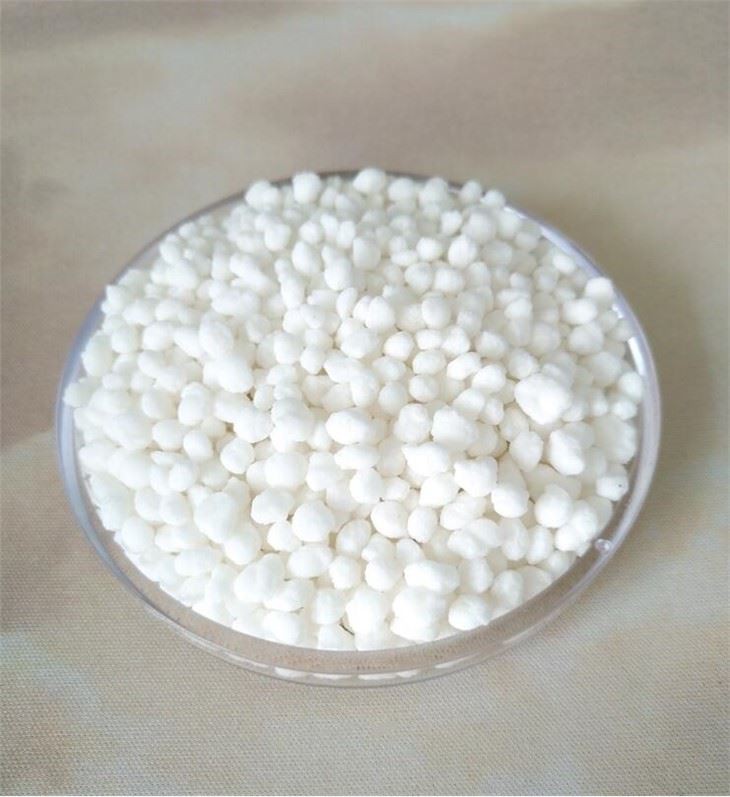
-
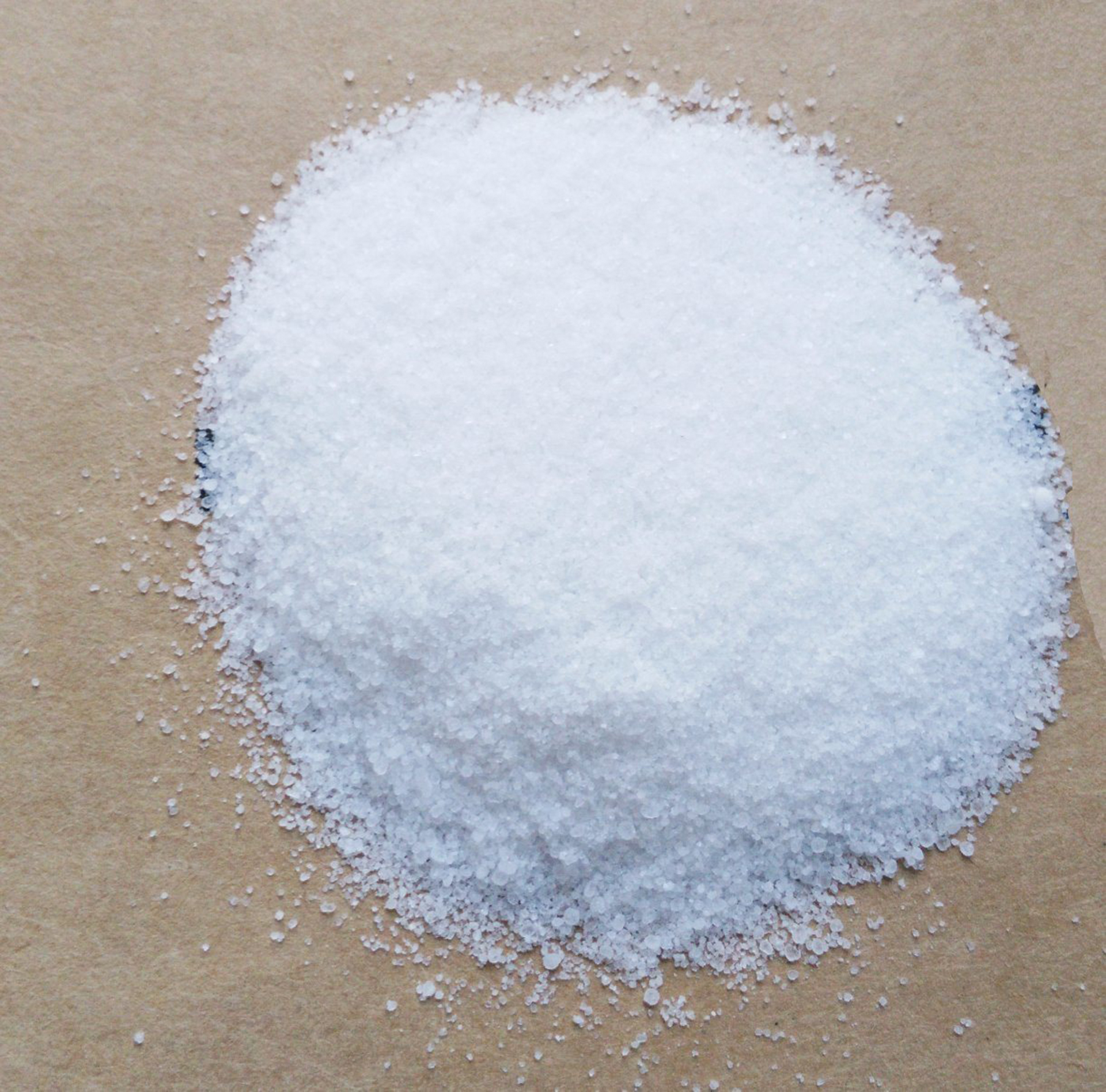
-
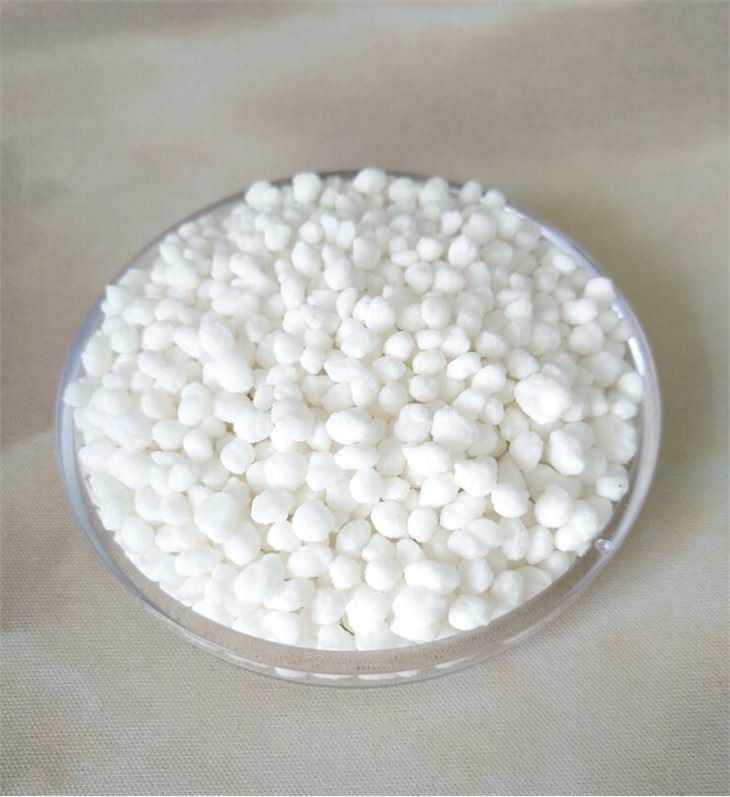
-
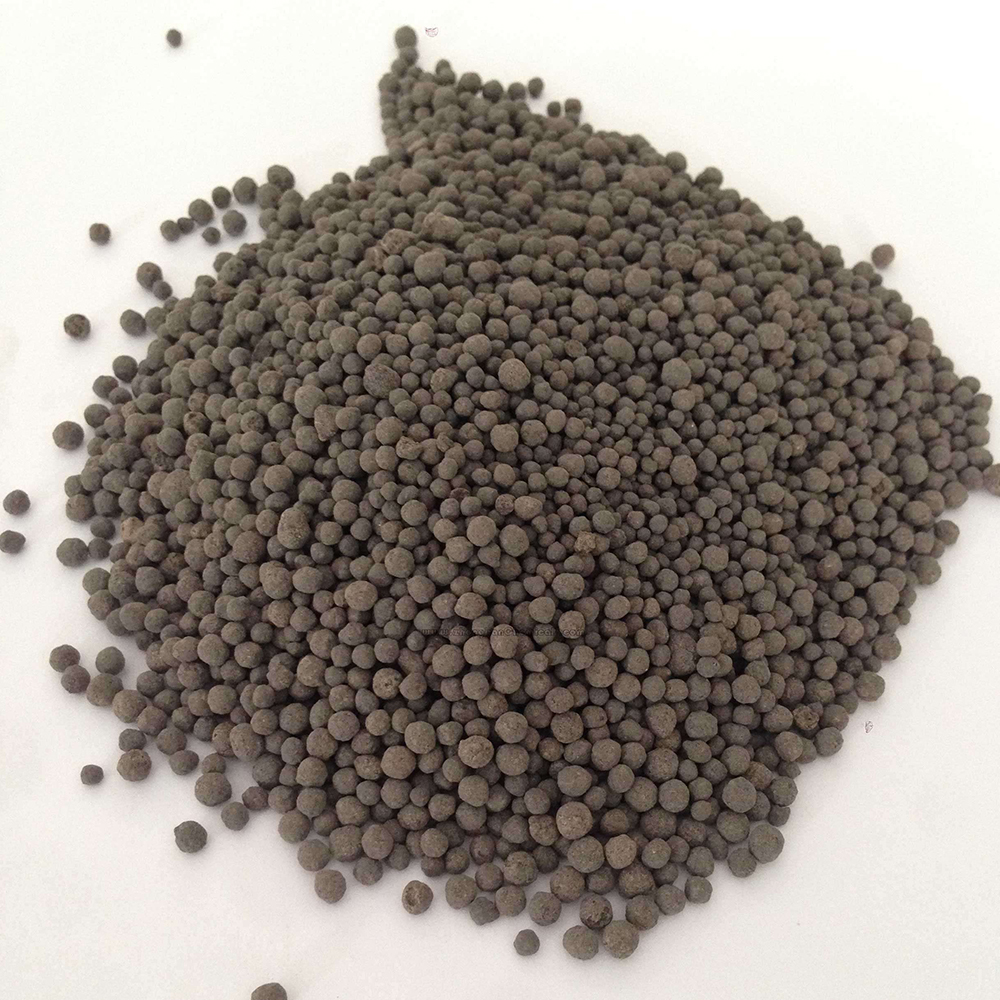
-
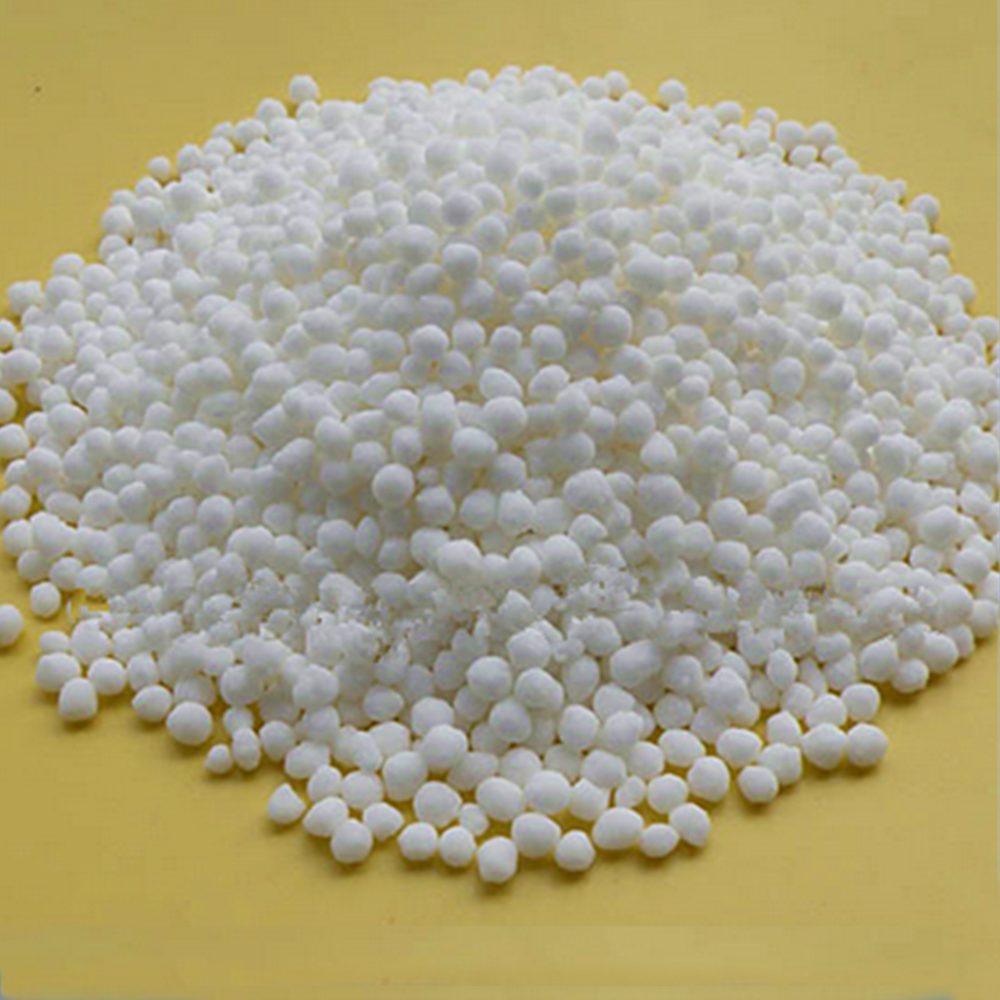
-
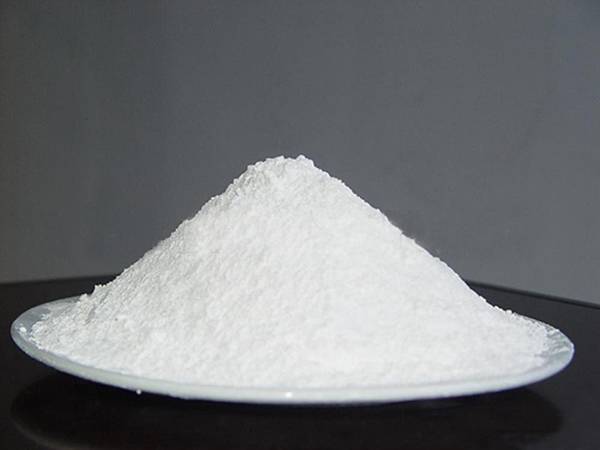
-

Ammonium Polyphosphate 11-37-0
Other name: APP,Polyphosphoric acid,PPA,ammonium salts
Purity:11-37-0,10-34-0
Molecular Formula: (NH4PO3) n n>1000
Appearance:Colorless Liquid
CAS No.: 68333-79-9
HS קאָד: 28353990
EINECS No.: 269-789-9
-
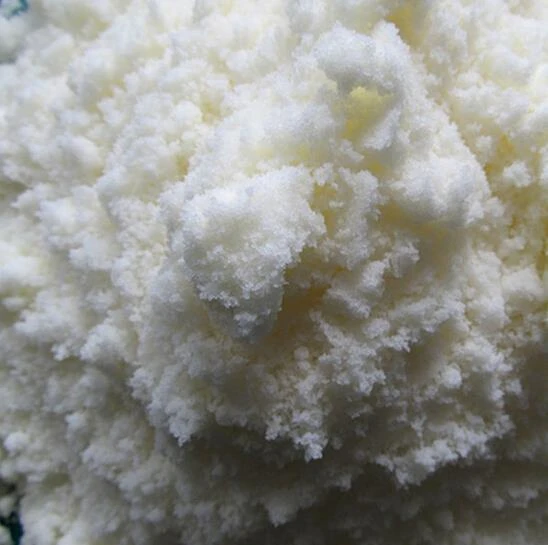
-
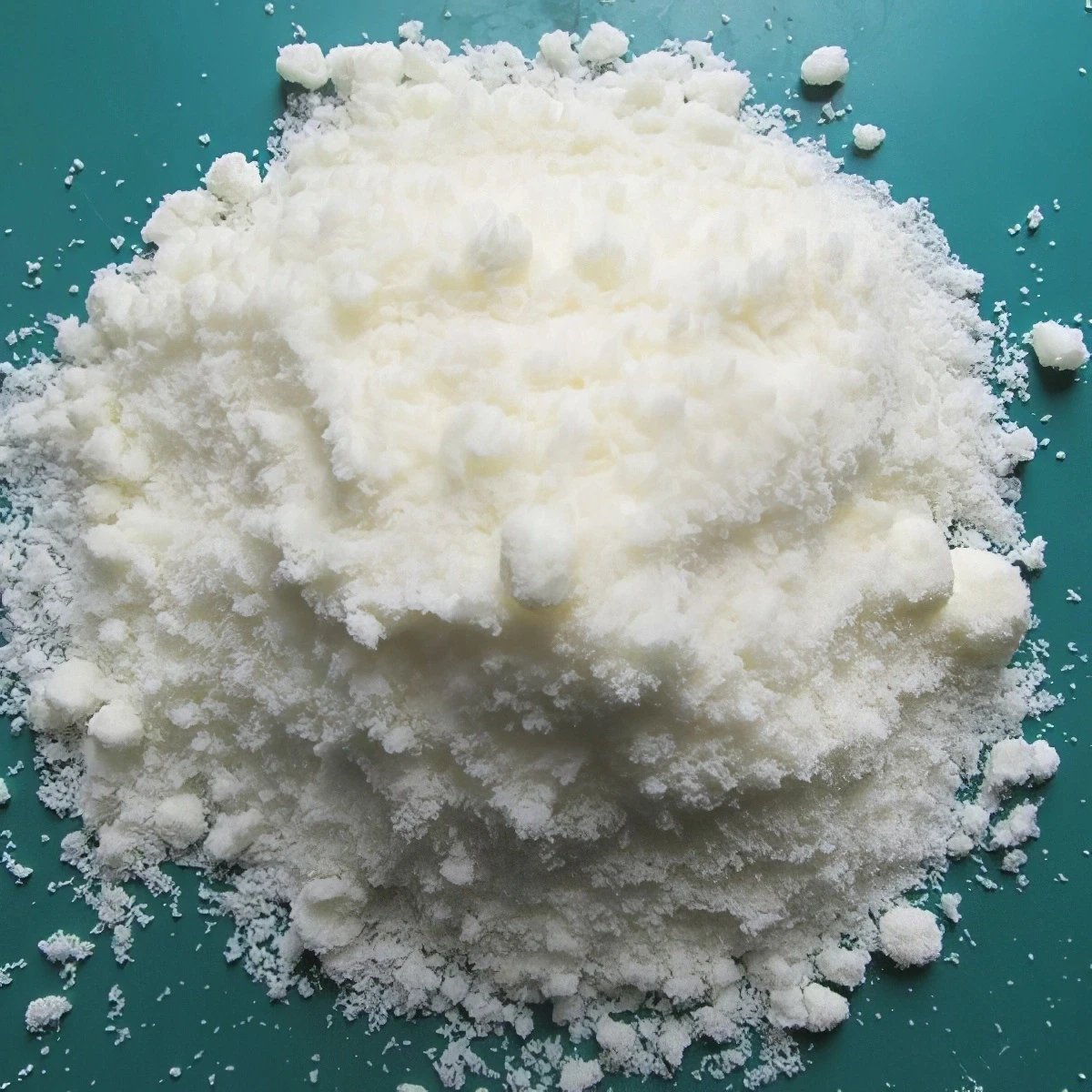
Product name: Sodium Nitrite
Appearance:White little crystals or light yellow
Mole Formula:NaNO2
Mole Weight:69.01
Property:
(1) ordinary sodium nitrite: white little crystals or light yellow
(2) dry powder sodium nitrate: white crystal,non-caking, showing loose status.
No odor, slightly salty. It is liable to deliquesce, dissolved in water,soluble in liquid ammonia,slightly soluble in ethanol and glycerin.
Decomposition temperature is 320ºC,It has oxidability and also has reducibility. It will slowly be oxidized into sodium nitrate in atmosphere, it can form nitrogen compound with nitrilo at low temperature. -
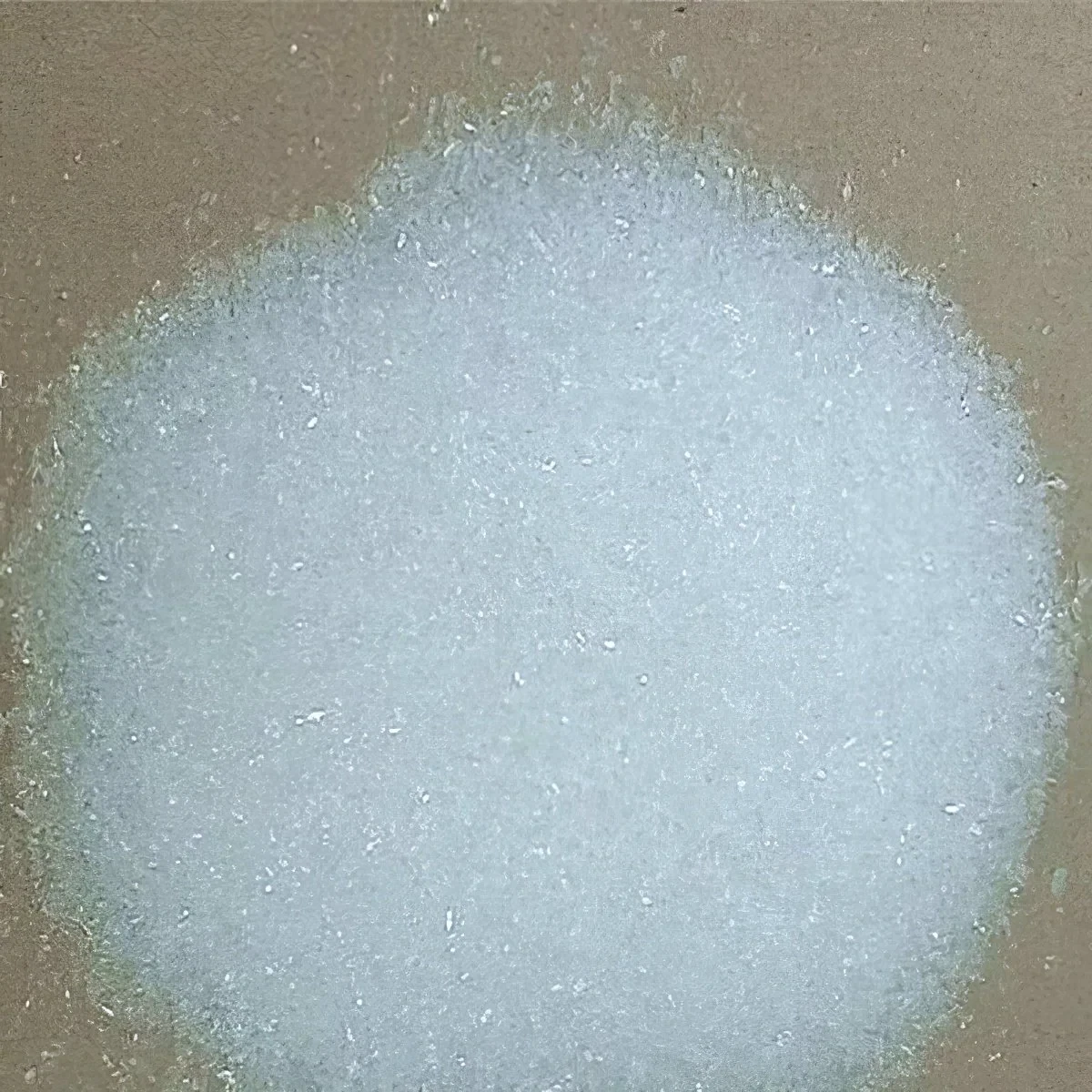
Molecular Formula: Ca(NO3)2·4H2O
CAS No.: 13477-34-4
Relative Molecular Weight: 236.15
Place of Origin: China (Mainland)
Are Agrochemicals Safe To Use?
When used correctly and according to guidelines, agrochemicals are generally safe for use in agriculture. Regulatory agencies, such as the Environmental Protection Agency (EPA) and the Food and Agriculture Organization (FAO), establish strict safety standards for the production, sale, and application of agrochemicals. Farmers and applicators must follow label instructions carefully to minimize risks to human health, animals, and the environment. Personal protective equipment (PPE) should be worn during application, and measures should be taken to prevent contamination of water sources and non-target species.
How Do Agrochemicals Impact The Environment?
Agrochemicals can have both positive and negative impacts on the environment. On the positive side, they help increase crop yields and reduce losses from pests and diseases, which can lead to more efficient land use. However, improper or excessive use of agrochemicals can lead to environmental issues, such as soil degradation, water pollution, and harm to beneficial insects and wildlife. To mitigate these risks, integrated pest management (IPM) practices and precision agriculture techniques are often employed to optimize the use of agrochemicals, reducing their environmental footprint.
Can Organic Farming Use Agrochemicals?
Organic farming typically avoids synthetic agrochemicals, instead relying on natural alternatives and organic inputs. However, some natural or minimally processed substances, such as certain mineral-based fertilizers and botanical pesticides, may be allowed in organic farming under specific regulations. Organic farmers focus on practices like crop rotation, composting, and biological pest control to maintain soil health and manage pests without the use of synthetic chemicals. Certification bodies set strict guidelines on what can and cannot be used in organic farming to ensure the integrity of organic produce.














